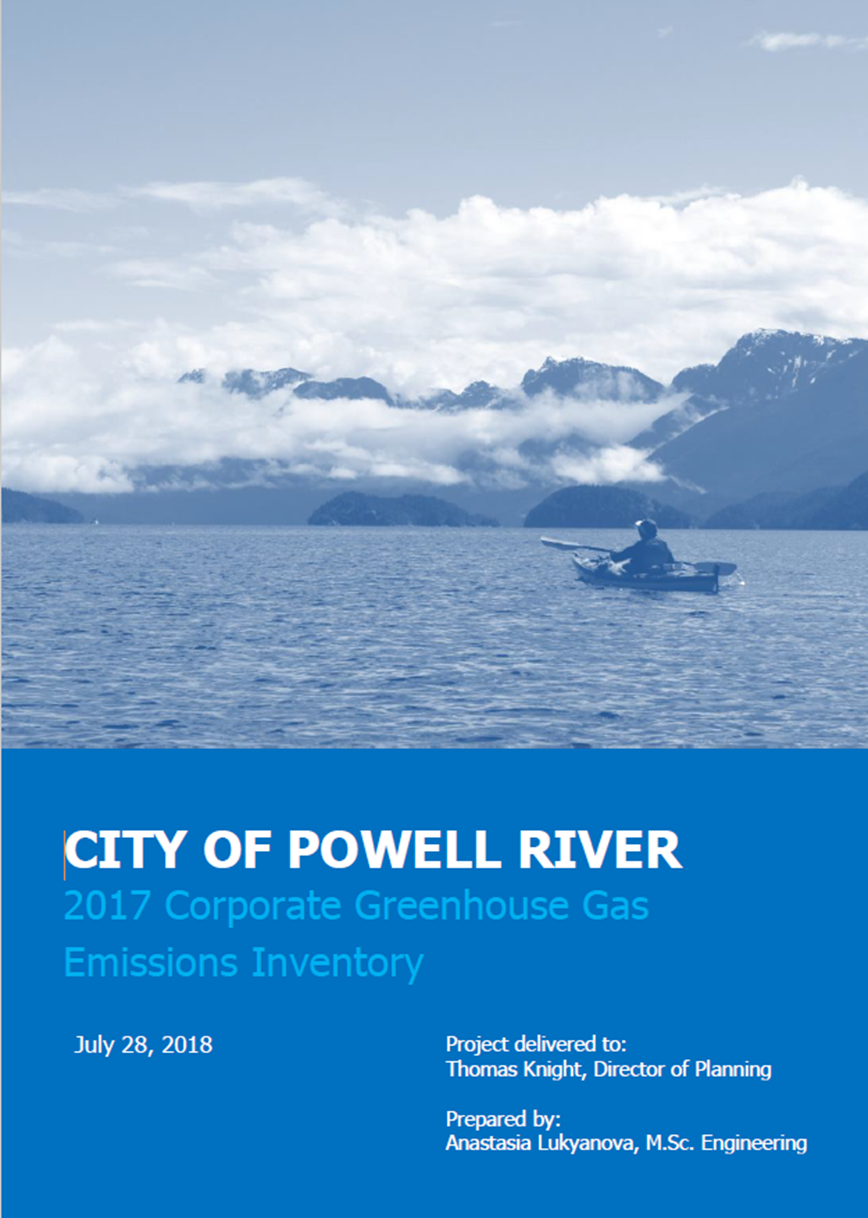What is my Carbon Footprint?
Climate Action
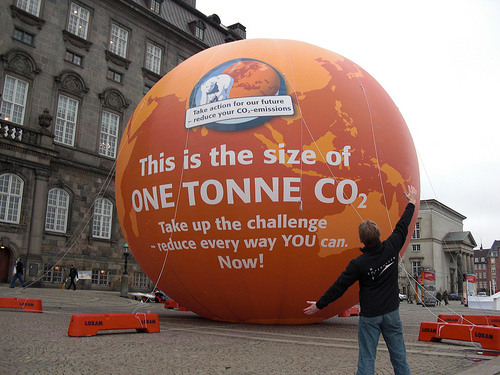
Greenhouse Gases and Climate Change
Human activity, such as burning fossil fuels to power vehicles, using energy in heating and cooling of our homes, and industrial processes, produce greenhouse gases that alter the natural balance of the earth’s atmosphere.
Greenhouse gases trap heat and increase the atmosphere’s temperature. Carbon dioxide (CO2) is the most common greenhouse gas. The photo shows one metric tonne of carbon dioxide. For more information on the effects of greenhouse gases and the science of Climate Change, check out this Climate Insights 101 video course by Pacific Institute for Climate Solutions.
Corporate Emissions Reporting
City of Powell River signed the BC Climate Action Charter in fall 2007, committing to:
Become carbon neutral in our corporate greenhouse gas (GHG) (government) emissions,
Measure corporate GHG emissions, and to
Reduce community-wide emissions through effective community planning.
The City’s latest corporate GHG emissions are summarized in the 2017 Corporate GHG Emissions Inventory.
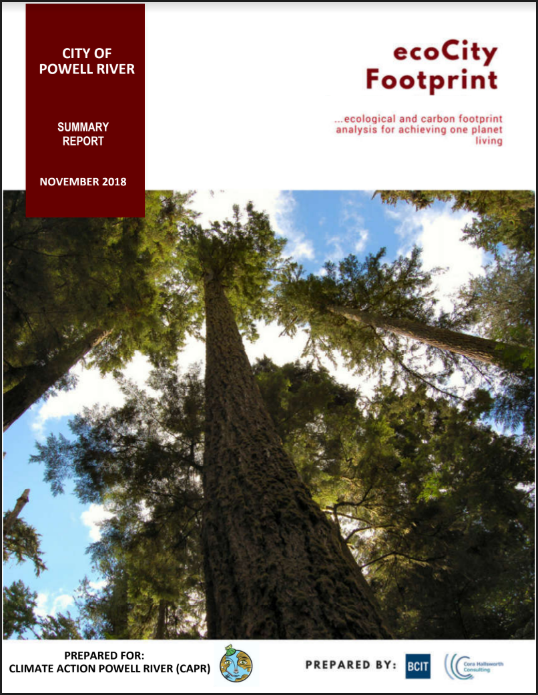
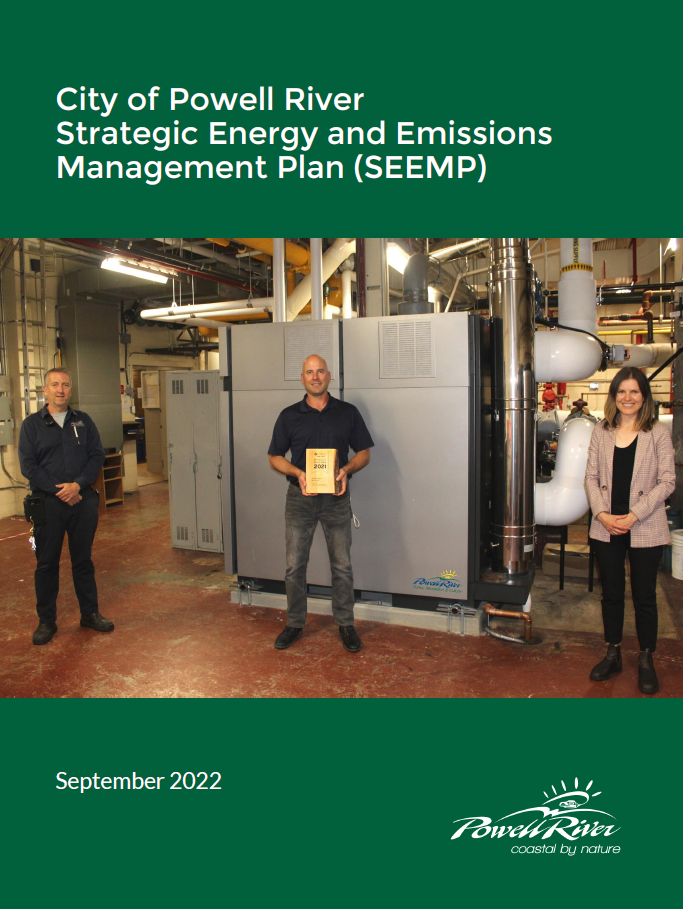
Community Emissions Report
In 2018, local non-profit organization Climate Action Powell River with funding from the City of Powell River and the Pacific Institute for Climate Solutions completed an ecocity Footprint assessment of our community.
The report includes an ecological footprint in global hectares per capita (how much land is needed to support our current lifestyle), a territorial GHG emissions inventory (GHG emissions occurring within community boundaries), and a consumption-based GHG emissions inventory (GHG emissions within the community boundary and those from products and services we import).
The assessment shows that our community currently consumes 3.5 times the resources that are available. In other words, approximately 3.5 Earths are needed to support the world’s population if everyone had lifestyles comparable to a Powell River resident.
Strategic Energy and Emissions Management Plan
Strategic Energy and Emissions Management Plan (SEEMP) outlines the City's actions and plans to reduce emissions and utility costs associated with its buildings, including the Recreation Complex, City Hall, Dwight Hall, and others.
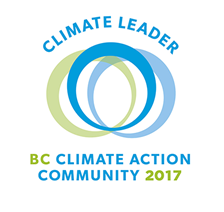
Local Government Climate Action Program (LGCAP) Report
IPCC REPORT
The Intergovernmental Panel on Climate Change - Global Warming of 1.5C, A Summary for Policymakers

